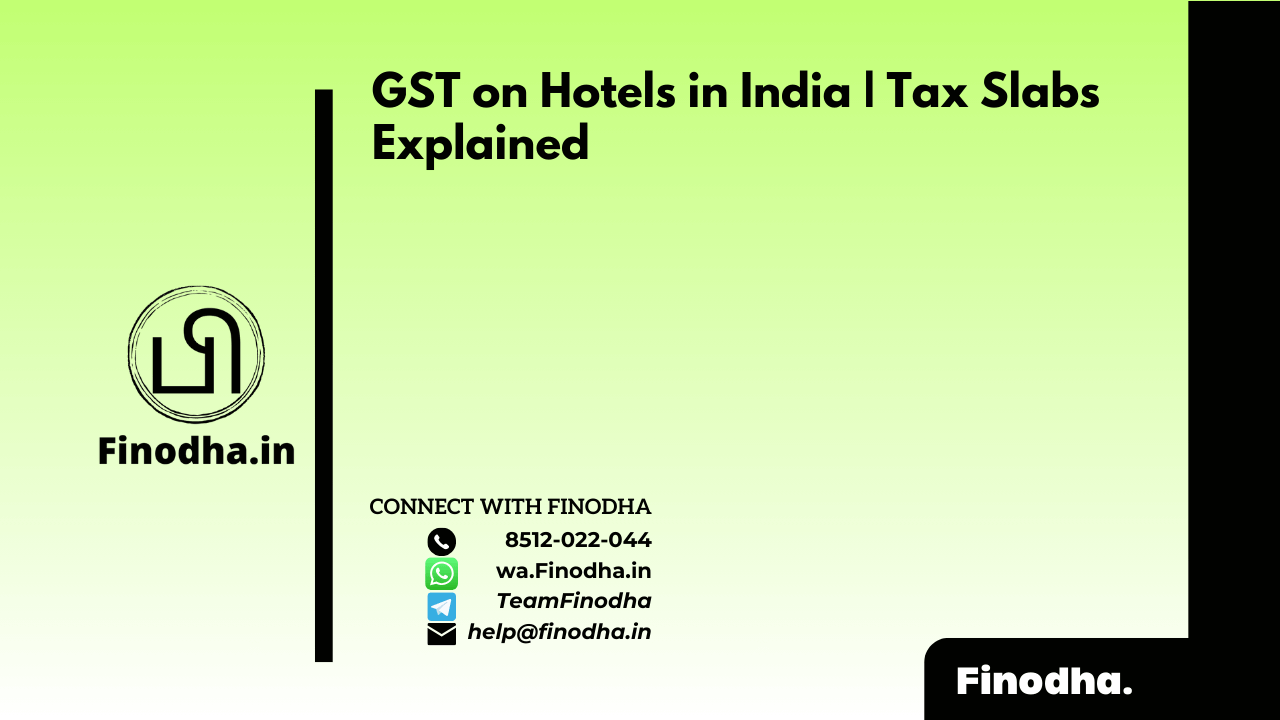Important Keyword: Medical Allowance, Salary Components, Salary Income.
Table of Contents
Medical Reimbursement: Exemption & Claim
What is Medical Reimbursement?
It is a valuable perk offered by employers to cover the medical expenses of their employees. Given the increasing stress and long hours of work in today’s environment, providing health benefits has become essential. This reimbursement is designed to cover medical costs incurred by employees, their spouses, or dependent family members. Importantly, under the provisions of the Income Tax Act, reimbursements qualify for tax benefits.
Medical Allowance vs Medical Reimbursement
Medical allowance and reimbursement are often used interchangeably, but they have distinct tax implications.
Medical allowance is a monthly component of the salary, fully taxable regardless of whether the employee submits any expense proof. It’s a fixed amount paid monthly, forming part of the overall salary.
On the other hand, it is exempt from tax up to Rs. 15,000 per year under section 17(2) of the Income Tax Act. This reimbursement is provided against actual medical expenses incurred by the employee, subject to submission of valid bills or proof of expenditure.
Who is Eligible to Claim Medical Reimbursement?
Under the Income Tax Act, certain conditions determine whether medical expenses reimbursed by the employer are not considered as a prerequisite in the hands of the employee:
- Medical Treatment: The employee must have incurred the expenses on medical treatment.
- Treatment for Self or Family: The medical expenses should be for the treatment of the employee or their family members.
- Reimbursement by Employer: The amount must be reimbursed by the employer.
- Limit of Reimbursement: The reimbursement amount provided by the employer should not exceed INR 15,000 in the financial year.
How to claim Medical Reimbursement?
To claim an exemption for medical reimbursement, an employee needs to provide proof of medical expenses incurred. This can include bills related to medicines, medical checkups, consultation fees, etc., for the employee or their family members. Family, for this purpose, includes the spouse and children, as well as parents, brothers, and sisters who are dependent on the employee.
There are no restrictions on the type of medical system, meaning expenses related to allopathy, homeopathy, or any other form of treatment are eligible.
It is not taxable if the treatment occurs in certain facilities:
- Hospitals or clinics maintained by the employer.
- Hospitals or clinics maintained by the state government, central government, or local authority.
- Facilities approved by the government.
- Hospitals approved by the Chief Commissioner of Income Tax.
What Amount can be Claimed?
The employee can take the tax benefit of the expenditure incurred by him limited to INR 15,000/-. The exemption is available only on the reimbursement of actual expenses that are incurred on medical bills. An employer can only reimburse what is actually spent by the employee.
Read More: Dearness Allowance (DA): Rules, Exemptions, and Calculations
Web Stories: Dearness Allowance (DA): Rules, Exemptions, and Calculations
Official Income Tax Return filing website: https://incometaxindia.gov.in/




